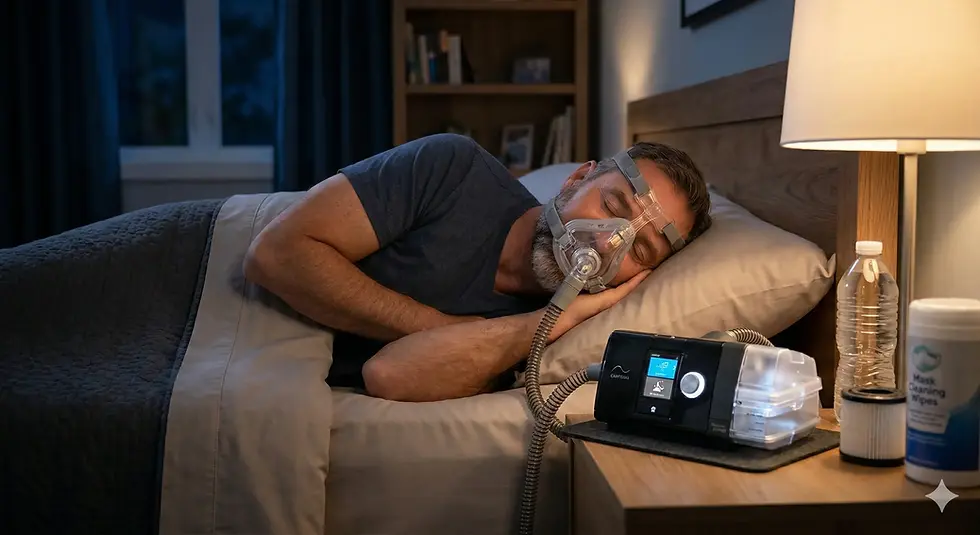Managing dental problems at home during Covid-19
- Arashmeet kaur
- Aug 4, 2020
- 4 min read
Updated: Sep 11, 2020
Toothache

If your tooth is extremely sensitive to hot or cold, this may be a sign of decay and antibiotics will not help. These at-home measures may help assist with pain management until you can see a dentist:
· Good cleaning with fluoride toothpaste and reducing sugar intake will help stop decay from getting any worse.
· If the pain is severe, rinsing with cold water can sometimes ease the pain whilst you are waiting to be assessed by a dentist.
· Toothpaste aimed at reducing tooth sensitivity, such as Sensodyne Repair and Protect, may also help reduce pain. Rub the toothpaste directly on to the affected area and do not rinse.
Wisdom Teeth

· Wisdom tooth pain is usually due to inflammation of the gum over the erupting tooth, which is often made worse by the trauma of biting, so introducing a soft food diet will help with the pain.
· Most flare-ups can be managed with good home care and should settle within in a few days to a week. It is important that you stick to a very thorough cleaning routine even if it is painful to brush the affected area because this process will encourage healing.
· Using a product such as mouthwash will help with alleviating pain but avoid using for longer than a week as it may cause staining of the teeth.
· Warm salty mouthwashes can also help with alleviating pain.
· If you have difficulty swallowing, swelling in your face or cheek or difficulty opening your mouth, please call your dentist for advice. You may need antibiotics if an infection is spreading.
Mouth Ulcers

Although painful, most mouth ulcers will heal within 7-10 days. A dentist or doctor should assess non-healing ulcers/oral lesions present for more than 3 weeks. Please call your practice for guidance if required; otherwise follow the home measures described below:
· Warm saline Rinses
· Excellent cleaning (even if it is painful to brush, the area must be kept clean to encourage healing and prevent more ulcers forming. However, be gentle and do use a soft/baby toothbrush)
· Rubbing Dentures (Denture adhesives like Poligrip or Fixodent may help secure a loose denture. Any sharp edges can be removed using an emery board. Remove dentures when possible if causing trauma)
· Mouthwash (avoid use for more than 1 week as may cause staining)
Bleeding Gums

· Bleeding from gums is NOT a dental emergency. Bleeding gums are usually due to gum disease and will not stop until your brushing technique improves. Brush twice daily with fluoride toothpaste for 2 minutes, paying particular attention to the areas that are bleeding. Remember to also use floss or interdental brushes to clean between your teeth every day.
· If your gums are extremely painful and look infected (bright red with a grey/green appearance) you should still try your best to brush them even though they will bleed. Take painkillers as required and use mouthwashes such as chlorhexidine or peroxyl which can be purchased from your pharmacist.
Fractured or knocked out teeth

· If a tooth has been chipped and is sensitive and/or sharp then applying a sensitive toothpaste or using an emergency repair kit is advised.
· If a baby tooth has been knocked out, do not attempt to put it back in. Clean the area, bite on a clean hankie or towel for 20 minutes if it is bleeding, give the child age appropriate pain relief medicine and keep to a soft diet until the area has healed.
· If an adult tooth has been knocked out handle the tooth by its crown (the white part), avoid touching the root
· if the tooth is dirty, wash it briefly (10 seconds) under cold running water
· try to re-implant the tooth in its socket and then bite gently on a handkerchief to hold it in position
· If this is not feasible, store the tooth for transportation to the designated urgent dental care center in milk (not water). Alternatively transport the tooth in the mouth, keeping it between molars and the inside of the cheek.
· You need to telephone for an emergency dental appointment.
Oral hygiene

· Some helpful tips to manage your oral hygiene at home
· Never share oral hygiene products!
You should never share a toothbrush with anyone else. Get a new brush if any member of the household has any symptoms of Covid-19.
· Mouthwashes can improve your dental health
But they should not be used after brushing.
Stock up on everything needed to keep your teeth clean and healthy
DISCLAIMER
Healthy Jeena Sikho is providing information under Healthy Living Blog to help people learn about widely available alternate means to achieve Uber health and fitness of mind, body and soul. Its contents on an “AS IS” basis and makes no representations of any kind with respect to blog contents.The information on this site is not intended as medical advice, medical nutrition therapy or individualized nutrition counseling/coaching.
This Site and its authors do not claim to cure, prevent, diagnose, or treat any nutrition-related disease or health condition. Always consult a qualified healthcare professional before changing your diet or medications or beginning any exercise routine.The information provided on this site is for informational purposes only
This article is published for educating masses at large under Healthy Living Blog initiative. These are small baby steps to aware people more about healthy and holistic lifestyle, affordable assisted living and organic products around. We call that Celebration of Being ALIVE.




Comments